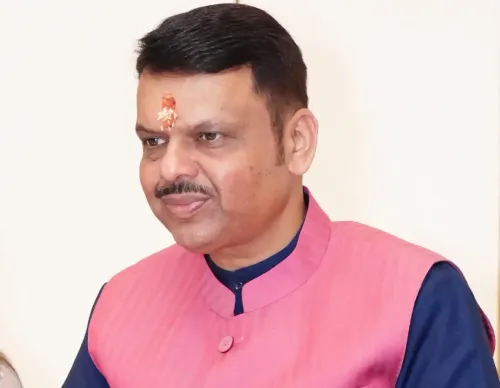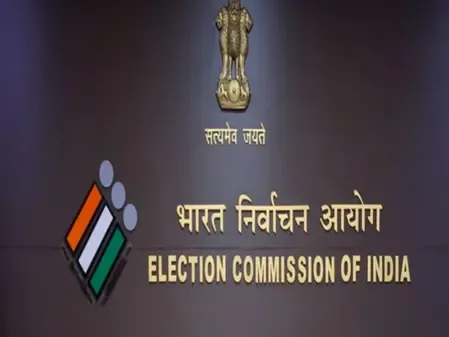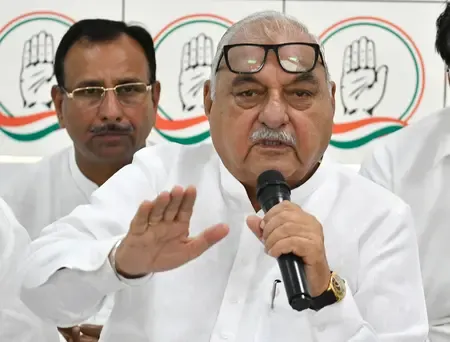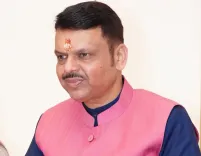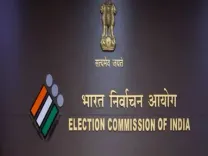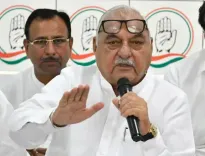How Critical is Equipping India’s Workforce with Green Skills?
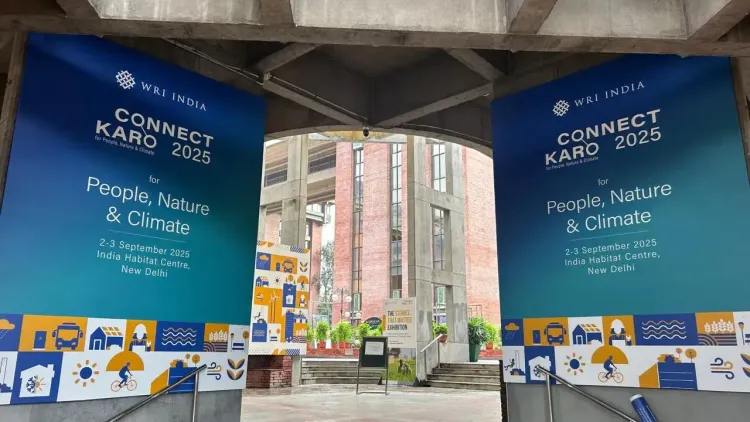
Synopsis
Key Takeaways
- Green skills are essential for India’s economic growth and climate action.
- Urgent reforms in training programs are needed to align with the demands of emerging sectors.
- Collaboration between public and private sectors is vital for effective workforce development.
- Inclusive training approaches will ensure that vulnerable communities benefit from green job opportunities.
- Technological advancements require a shift in how we view employment and training.
New Delhi, Sep 3 (NationPress) Empowering India’s workforce with green skills is vital for addressing the dual challenges of economic advancement and climate responsibility, as highlighted by experts during a prominent session on ‘Skilling for a Green Future’ at WRI India’s annual flagship event, Connect Karo 2025, held on Wednesday.
The discussion underscored that while India has made notable strides in enhancing its skilling framework, the swift growth of clean energy, sustainable manufacturing, and resource-efficient methodologies necessitates immediate reforms in training and workforce development.
Speakers pointed out that the shift towards a low-carbon economy holds the potential to generate millions of employment opportunities, but it is crucial for workers to be trained according to the needs of these evolving sectors.
Madhav Pai, CEO of WRI India, stated, “India aims to create 3.4 million jobs in the green sector by 2030. To fulfill this requirement, we must implement an ‘identify-train-recruit’ strategy for skilling. Collaborative public-private partnerships are essential, with the private sector taking a more active role in workforce development. Most importantly, the skilling transition must be inclusive and equitable, ensuring that marginalized communities also gain from the prospects of a green economy.”
Expanding on this theme, Shashishekhar Pandit, Chairman and Co-founder of KPIT Technologies, stressed the global context of job transitions and the necessity to rethink economic growth paradigms.
He remarked, “We are observing both a transfer and a reduction in jobs. Manufacturing roles are relocating, while technological advancements are diminishing traditional positions. With AI on the rise, many jobs are at risk. Concurrently, our existing economic framework is exploitative—forests are being ravaged, plastics are polluting our oceans, and our air and waterways are contaminated. It is imperative that we transition to a sustainable model that fosters value without harming the environment.”
Arpit Sharma, CEO of the Skill Council for Green Jobs, added, “India has committed to reducing one billion tons of carbon emissions by 2030, which is concurrently fostering the creation of numerous green jobs. To meet this demand, we are overhauling current curricula, developing new training programs, and preparing certification courses to equip the workforce for green jobs amid an evolving industrial landscape. While we are leveraging global best practices, we are customizing the curricula and training to fit the local context.”
Connect Karo 2025 convened leaders dedicated to pressing issues surrounding sustainable cities, clean energy, food, land, water, climate action, and financing.
The two-day event gathered over 150 thought leaders, experts, academics, scientists, and civil society representatives to deliberate on the most urgent development and environmental issues of our times.
During a session titled “Shift Transport -- Data-driven Decision-Making for India’s Urban Mobility” at Connect Karo, Kailash Gahlot, member of the Delhi legislative Assembly, asserted, “The primary obstacle in mobility today is the discussion surrounding fare box collection and cost recovery. When we discuss mobility, we cannot concentrate solely on revenue generation. We don’t regard hospitals or schools as loss-making institutions—our mindset needs to evolve.”
He further stated, “Public transport must be perceived as a social investment with extensive benefits, rather than a revenue-generating scheme. Any city or nation with a robust transport system attracts investments and promotes both social and economic advancement.”
Joining the session virtually, Tejasvi Surya, member of the Lok Sabha, noted, “For far too long, we have prioritized vehicles over people. Our cities necessitate infrastructure centered around individuals and a shift towards data-driven decision-making. Enhancing governance in urban local bodies and building capacity within our corporations is crucial. The only sustainable remedy for traffic congestion is investing in public transport rather than constructing additional roads.”
Pawan Mulukutla, Executive Program Director for Integrated Transport, Clean Air, and Hydrogen at WRI India, stated, “To achieve seamless and integrated urban mobility, we require a comprehensive framework that examines transport economics alongside demand, supply, and performance indicators. Equally important is the mandate for collecting household travel data across all cities. Only then can transport planning be evidence-based, accommodating a variety of user needs, and guided by a spatial-temporal approach to effectively tackle urban mobility issues.”
In a fireside chat, G. Mathivathanan, Director General of the State Administrative Training Institute and Head of the Centre for Good Governance, Government of Odisha, emphasized the need to institutionalize innovation.
He stated, “Transformation in urban governance can only be achieved through innovation, which must be tested, validated, scaled, and ultimately institutionalized to ensure its longevity beyond individual leaders or teams.”

